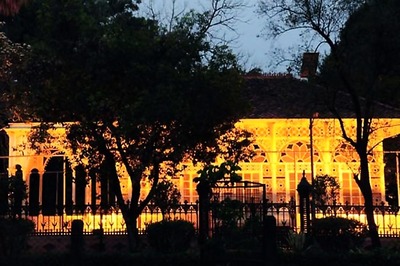
views
New Delhi: It would have created a new landmark in the history of Indian judiciary as the Supreme Court, for the first time, wanted to use email to communicate its order to a lower court on Wednesday to facilitate faster release of actor Sanjay Dutt and 17 other convicts, who were granted bail on Tuesday.
But it was not to be. The special TADA court in Mumbai, where the email was supposed to be sent on Wednesday morning, didn't have an email ID, so eventually the order had to be transmitted by fax.
The fax was sent to the Mumbai High Court, from where it was to carried to the court of TADA Judge Judge PD Kode as this court doesn't have a fax machine either. "We have been told about the receipt of a fax intimating about the bail being granted," TADA court sources said.
"It is just an intimation and not an order copy. It came to the high court, which has got a fax. We now expect someone to get the order copy to us so that Judge PD Kode can issue the release orders," the sources added.
The apex court had on Tuesday granted bail to Dutt and 16 others found guilty by the TADA court in the 1993 serial blasts case. Sanjay Dutt, sentenced to six years' imprisonment under the Arms Act, has been lodged in Pune's Yerawada jail since October 22 and will be released once the TADA court orders for his freedom reaches the jail there.
Had the email method come in use, it would have been for the first time that email would have been used in the history of India judiciary. While passing the bail order, the SC Bench headed by Chief Justice K G Balakrishnan had specifically asked the court registrar to intimate the bail order to the Special TADA judge in Mumbai by email.
On earlier occasions, it would take three to four days for a person to be released from jail after the grant of bail if the lower court or the jail happen to be at a distant location.


















Comments
0 comment